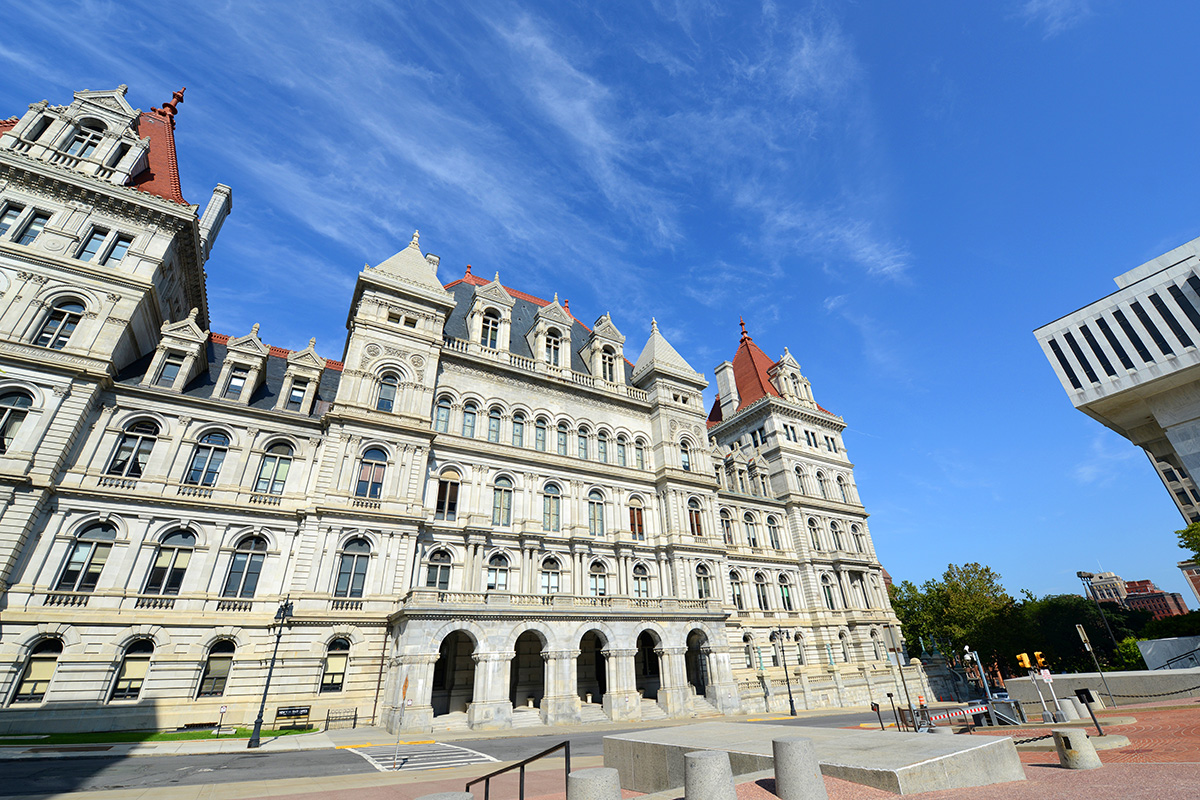What Happened?
At both federal and state levels, there has been notable increased governmental scrutiny of institutional investment in the single-family rental market and concern about its impact on rising housing costs in the country. For example, in October 2021 the United States Senate Committee on Banking, Housing and Urban Affairs held a hearing to discuss the impact institutional landlords have had on the housing market and tenants generally. Then, on July 11, 2023, the Stop Predatory Investing Act was introduced in the U.S. Senate, which aims to address the housing shortage by prohibiting investors who acquire 50 or more new single-family rental homes after the date of enactment from deducting interest or depreciation on those properties. Another version of this legislation was reintroduced in the Senate on March 11, 2025, and the revised bill would, among other things, also deny interest and depreciation deductions for taxpayers owning 50 or more single family properties.
New York State has now entered the fray. On May 9, 2025, Governor Hochul signed into law Assembly Bill A3009C that, notably, (i) imposes a 90-day waiting period on the purchase of one- and two-family residences for certain institutional investors, (ii) restricts the use of certain tax deductions for such investors, and (iii) requires the New York Secretary of State to provide public notice when creating cease and desist zones.
Why It Matters
The New York law is clearly aimed at institutional investors, known as “Covered Entities”, defined as those entities or combined groups that directly or indirectly (i) own ten or more single- or two-family residences, (ii) manage or receive funds pooled from investors and act as fiduciaries with respect to those investors, and (iii) have at least $30 million in net value or assets under management on any day during a given taxable year , and specifically impacts the purchase of single- and two-family residences in New York State. Under the 90-day waiting period, Covered Entities may not “purchase, acquire, or offer to purchase or acquire” any interest in a single- or two-family residence unless that property has been “listed for sale to the general public” for 90 days. Further, when a Covered Entity offers to purchase a single- or two-family residence, it must provide notice of its status as a Covered Entity to the seller or the seller’s agent. The legislation contains three salient “subparts”.
Subpart A imposes a 90-day wait period before a “Covered Entity,” may make an offer to purchase or acquire a single-family or two-family residence, starting from the day the residence is listed for sale to the public. The 90-day period restarts if the seller changes the asking price. Finally, when making an offer to a seller, the covered entity must provide the seller with a signed statement declaring itself as a covered entity. Exact required language for this form is provided in the statute. A copy of this form must also be filed with the New York Department of Law within 3 days of the offer. However, Section 521 in Subpart A specifically lists July 1, 2025, as a starting date that Covered Entities must wait 90 days before offering to purchase single or two-family homes.
Subpart B adjusts what depreciation and interest may be deducted from the covered entity’s net income.
Subpart C requires the New York Secretary of State to post notice of an established cease and desist zone once annually in a locally circulated newspaper, on the Secretary’s website, and though any other method deemed necessary to maximize awareness of the cease-and-desist zone. Any homeowner in the zone who wishes not to be solicited may file a notice with the New York Secretary of State.
Failure to comply with these requirements could result in civil damages and penalties of up to $250,000 for violations of the waiting period and up to $10,000 for violations of the notice requirement for establishing cease and desist zones where real estate brokers and salespersons are excessively soliciting homeowners. Notably, however, failure to comply with the new law would not appear to expose holders of loans secured by properties not adhering to these new procedures to liability or impact the validity of the loans themselves.
This act takes effect on the one hundred twentieth day after it become law, but again the legislation designates July 1, 2025, as a starting date that Covered Entities must wait 90 days before offering to purchase single or two-family homes.
What to do now:
Other states are considering legislation that is similar to New York Assembly Bill A3009C, and the enactment of these laws along with the federal Stop Predatory Investing Act would significantly impact investments in single- family rental markets, not to mention the securitization of loans secured by these properties—with unintended consequences to these markets and the availability of single-family rental properties.

